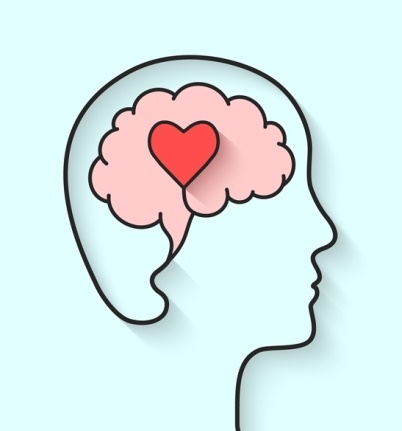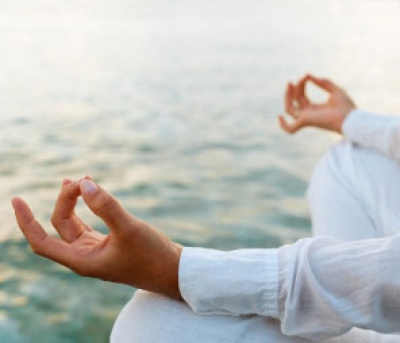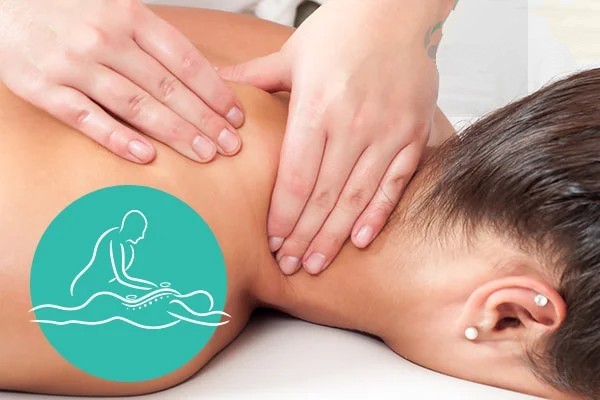06.07.2022
 How to help yourself during the war
How to help yourself during the war
In the conditions of wartime and escalation of war crimes, psychological rehabilitation and habilitation of the affected population are the most urgent needs of today. But how to help yourself when there is no qualified help? You will find the answer to this question by reading the following.
There are many different methods and techniques of self-regulation that can be used independently in a certain situation to calm down or, conversely, to tone up your body. You can choose the one that suits you individually because what will help one may not help another.
Self-regulation is the management of one's psycho-emotional state, which is achieved through the influence of a person on himself with the help of words, mental images, muscle tone, and breathing control.
The use of self-regulation methods is a kind of occupational safety technique for performers. Human nature is such that it strives for comfort and the elimination of unpleasant sensations. There are natural ways of regulation that are activated by themselves, spontaneously; they are called unconscious. They include long sleep, delicious food, communication with nature, and animals, water procedures, massage, dancing, music, and much more.
To regulate emotional states, and neuropsychic tension, special techniques are used, which are called methods of self-regulation, or means of self-influence (that is, the active participation of the person is assumed).
 Unfortunately, not all natural remedies can be used at work, directly at the moment when a tense situation has arisen or fatigue has accumulated. But there are techniques that can be used during work.
Unfortunately, not all natural remedies can be used at work, directly at the moment when a tense situation has arisen or fatigue has accumulated. But there are techniques that can be used during work.
Self-regulation can be carried out with the help of four main means, used separately or in various combinations: the influence of words, mental imagery, muscle tone control, and deep breathing.
As a result of self-regulation, three main effects are achieved:
- calming (elimination of emotional tension);
- recovery (weakening the manifestations of fatigue);
- activation (an increase of psychophysiological reactivity).
Timely self-regulation is a kind of psycho-hygienic remedy that prevents overstrain, helps to restore strength, normalizes the emotional background of activity, and also enhances the mobilization of the body's resources.
Natural methods of body regulation are:
- laughter, smile, humor;
- thoughts about something good, pleasant;
- stretching, and relaxation of muscles;
- observation of the landscape outside the window;
- looking at flowers in the room, photos, or other pleasant or expensive things for a person;
- "bathing" (real or imaginary) in the sunlight;
- breathing in the fresh air;
- reading poetry;
- expressing praise, or compliments to someone for no reason.
Special means of self-regulation include:
Breathing
The process of breathing is important for the regulation of mental processes. The ability to breathe properly is a necessary basis for success. Even elementary breathing techniques can give a tangible positive result when you need to quickly calm down or, conversely, increase the overall tone. It is an effective means of influencing muscle tone and emotional centers of the brain. Slow and deep breathing (with the participation of the abdominal muscles) reduces the excitability of the nerve centers and promotes muscle relaxation, that is, relaxation.  Frequent (chest) breathing, on the contrary, provides a high level of activity in the body and supports neuropsychic tension. First of all, the rhythm of breathing is important. Calming rhythm is such that each exhalation is twice as long as the inhalation. In some cases, you can take a deep breath and then hold your breath for 20-30 seconds. The subsequent exhalation and deep compensatory inhalation have a stabilizing effect on the nervous system.
Frequent (chest) breathing, on the contrary, provides a high level of activity in the body and supports neuropsychic tension. First of all, the rhythm of breathing is important. Calming rhythm is such that each exhalation is twice as long as the inhalation. In some cases, you can take a deep breath and then hold your breath for 20-30 seconds. The subsequent exhalation and deep compensatory inhalation have a stabilizing effect on the nervous system.
Exercises:
After 3-5 minutes of such breathing, you will notice that your state has become calmer.
Methods related to muscle tone control
Under the influence of mental stress, there are muscle clamps and tension. The ability to relax them allows you to relieve neuropsychic tension, and quickly restore strength.
Exercise. Sit comfortably, if possible, and close your eyes. Focus on the tensest parts of the body. Breathe deeply and slowly. Walk with your inner gaze all over your body, starting from the top of your head to the tips of your toes (or in the reverse order), and find the places of the greatest tension (often it is the mouth, lips, jaws, neck, back of the head, shoulders, stomach).
Try to tense the clamps even more (until the muscles tremble), do it while inhaling. Feel this tension. Abruptly release the tension as you exhale.
Feel the comfort and warmth in your muscles. Do this several times.
If the clamp cannot be removed, especially on the face, try to smooth it out with a light self-massage with circular movements of the fingers (you can depict grimaces - surprise, joy, etc.).
In the moments of rest, master the consistent relaxation of different muscle groups:
- face (forehead, eyelids, lips, jaws)
- back of the head, shoulders;
- chest;
- thighs and abdomen;
- arms;
- the lower part of the legs.
Task
Answer the questions:
1. What helps you to cheer up, to switch?
2. What can you use from the above methods?
3. Make a list of these ways, adding your own.
4. Think about which of them you can use consciously when you feel tense or tired.
You can help your body through bodily or breathing exercises. Of course, individual methods of mental self-regulation are suitable for each of us, but it can be quite difficult for beginners to find out which are effective and which are not so effective, but having tried one of the methods, it will be easier to understand their effectiveness and efficiency.
Living in a time of war is scary and difficult.
We cannot guess what the enemy will do and when it will end, but we can take care of ourselves and our inner state to be able to help people and the country. Take care of yourself and those around you!



(с) 2024